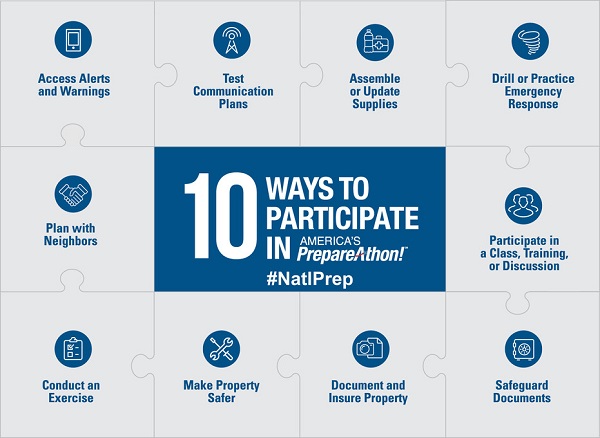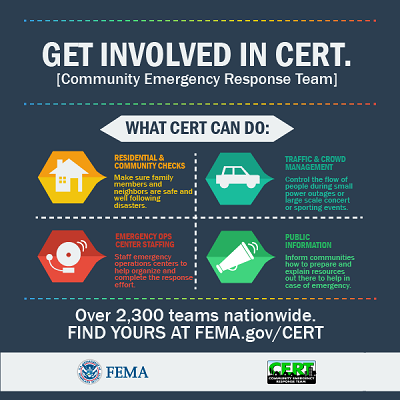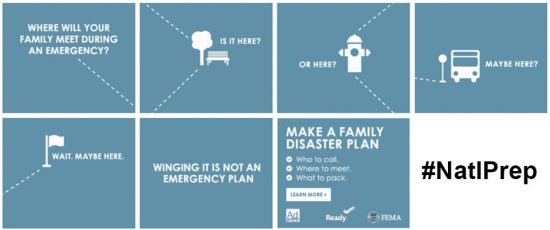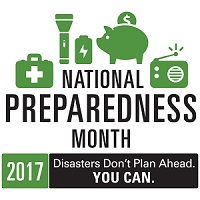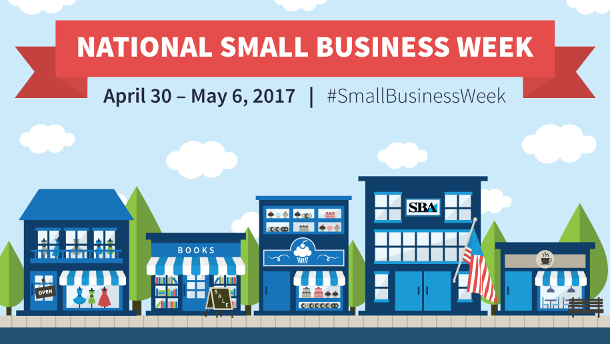Everyone knows that practice makes perfect. This is especially the case in preparing for potential disasters. After you have built out a plan, follow up on the details and practice. Here a few more details to review:
Complete and Emergency Financial First Aid Kit (EFFAK)
By collecting and securing your critical records ahead of time, you will have peace of mind that you have the necessary documents to start the recovery process after an emergency. Important documents include personal financial, insurance, medical, birth certificates and passports. Make digital copies and save them on the cloud for easy access. Check here for more details on financial preparedness.
Maintain Emergency Savings
Create an emergency savings account that can be used in a crisis. That rainy day fund might become life-saving when rebuilding after a disaster. Figure out how you can pay your bills if disaster strikes.
Plan Ahead
Have at least a one-week supply of medications on hand. Read up on your insurance policies. For example, flood insurance policies have a 30-day waiting period before they go into effect. Read more about flood planning here. Find out if your community is holding any emergency drills so you can participate.
Know How to Access Community Resources
Research where your closest food banks and shelters are in the event of any disaster. Many cities will open up additional shelters if needed in your area, so find out in advance how these will be communicated to those in need.
Source: Ready.gov

